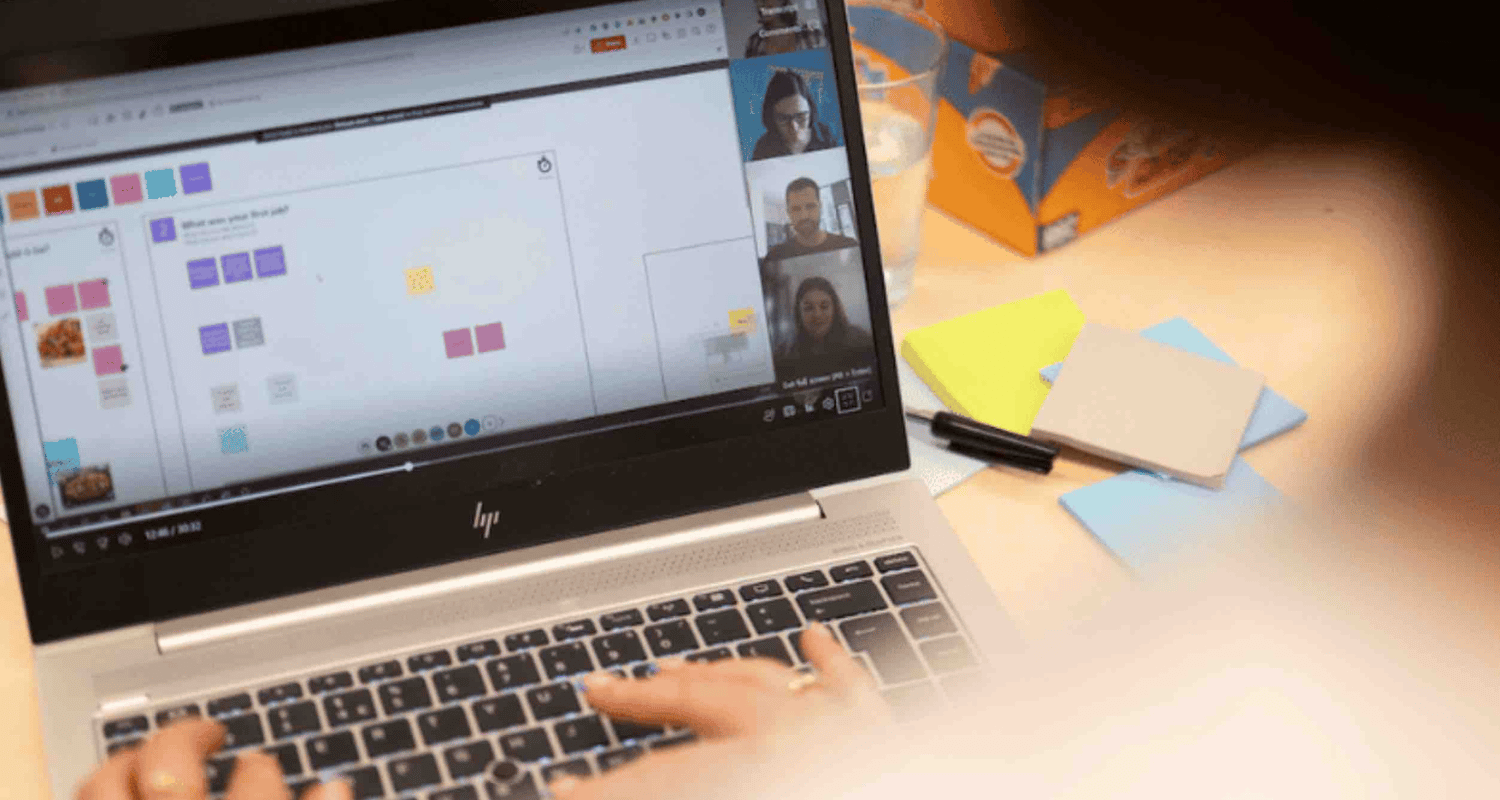With just a few months to go before the Digital Skills self-assessment quiz and library are launched to all colleagues across the University in March 2025, Katie Steen, Digital Skills Lead for the University of Exeter, wants to draw people’s attention to one of the key motivations behind the Digital Skills Initiative – that of making people more digitally productive… and to emphasise that this does not mean using the computer more.
Why are we developing the Digital Skills Initiative?
Having spoken with hundreds of stakeholders across the University since we started in our roles 16 months ago, the two main words that have stuck in the minds of mine and Dave Weller (my co-Digital Skills Lead) are that of “time” and “anxiety”.
It’s clear that people are incredibly busy, and therefore any digital upskilling needs to be targeted, personalised and effective. It’s also clear that there is a sense of general anxiety or apprehension when it comes to anything digital, meaning that any training needs to be highly supportive, familiar and easy to understand.
It is with these two main objectives in mind that Dave and I have developed the Digital Skills Initiative. It’s also why the concept of digital productivity is so important to our work…because being digitally productive means (borrowing Jisc’s definition) that you “can function well in a complex digital environment but can also deal with distraction and overload.” But what does this mean in reality for people’s everyday lives?
What does ‘digital productivity’ really mean?
As Digital Skills Leads, Dave and I view digital productivity as being able to use the most appropriate digital skills in the most effective way, to help you save time and hopefully increase job satisfaction. For example, this could be using automation tools such as Power Automate to carry out daily manual tasks so that you can focus on other areas of your work, which you perhaps enjoy more or don’t normally have enough time to complete as well as you’d like.
We also see training around digital productivity helping to alleviate people’s anxiety when it comes to using digital devices by enabling them to better understand technology that is personalised to them, in an accessible and supportive manner.
In recognition of the role that we see the Digital Skills Initiative playing in terms of being able to support people’s digital anxiety and wellbeing, we are working closely with members of WICC (the University’s Wellbeing, Inclusion and Culture Committee), and our work is being recognised in the University’s Mental Health Charter.
If you’d like to find out more about the Digital Skills Initiative visit our SharePoint site or email digitalskills-initiative@exeter.ac.uk.
Read the other blog posts in our Digital Skills series.
– Written by Katie Steen, Digital Skills Lead
Read our 2030 digital strategy.
Learn more about the products and services we’re delivering.

